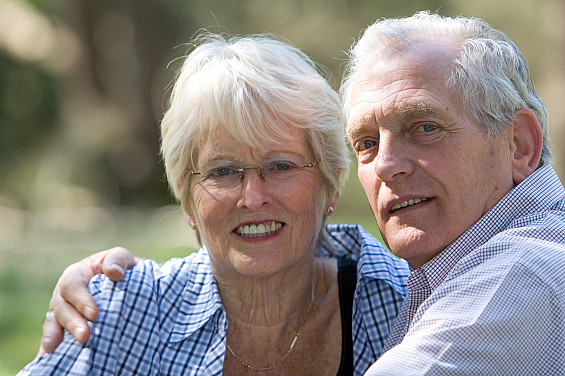Urinary incontinence, a condition affecting millions, can be a challenging and sometimes embarrassing issue to deal with. However, there are practical lifestyle changes that can significantly improve one's ability to manage incontinence and regain control over daily life. Let's explore these changes, which encompass hydration, toileting routines, and clothing choices.
 1. Hydration and fluid management:
1. Hydration and fluid management:Stay hydrated: Paradoxically, staying well-hydrated can actually help in managing incontinence. Dehydration can lead to concentrated urine, which can irritate the bladder and exacerbate the condition. It's important to maintain a good fluid intake throughout the day.
Timing matters: Be mindful of when you consume fluids. Reducing fluid intake in the evening, especially before bedtime, can help minimize nighttime incontinence.
Limit bladder irritants: Certain beverages, like coffee, tea, alcohol, and carbonated drinks, can irritate the bladder. Reducing or eliminating these bladder irritants can lead to fewer incidents of urgency and leakage.
Ask questions regarding retirement homes to our experts
Scheduled bathroom visits: Establishing a regular toileting schedule, even when you don't feel the urge, can help train your bladder. Set specific times during the day to visit the restroom.
Double voiding: After you've finished urinating, wait a few moments and then try to urinate again. This can help ensure the bladder is fully emptied.
Pelvic floor exercises: Kegel exercises can help strengthen the pelvic floor muscles, which play a critical role in bladder control. Regularly practicing these exercises can lead to improved control.
Wear absorbent products: Consider using absorbent products like incontinence pads or adult diapers to provide added protection and peace of mind.
Loose, layered clothing: Loose-fitting clothing can make it easier to access the restroom quickly. Layered clothing can help conceal any accidents and make cleanup more manageable.
Dark colors: Choose darker-colored clothing, as they are less likely to show stains if an accident occurs.
Excess weight can put additional pressure on the bladder and pelvic floor muscles, increasing the risk of incontinence. Maintaining a healthy weight through diet and exercise can be beneficial for incontinence management.
Smoking cessation: If you smoke, quitting can help reduce the risk of chronic coughing, which can exacerbate stress incontinence.
Limit alcohol and caffeine: Reducing or eliminating alcohol and caffeine intake can help decrease bladder irritation and improve control.
Managing urinary incontinence involves a multifaceted approach that includes lifestyle adjustments, in addition to medical treatment and rehabilitation. By making these practical changes, individuals can better manage their condition, enhance their quality of life, and regain control over daily activities. It's important to consult with healthcare professionals for personalized guidance and support on this journey to improved incontinence management.
Don't hesitate to contact us at 343 309 5289. We can help you choose the right establishment for you and assist you in your search.

Find a suitable senior residence